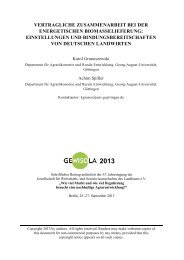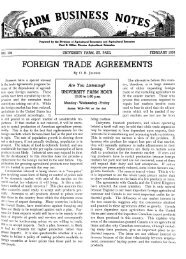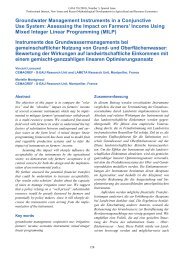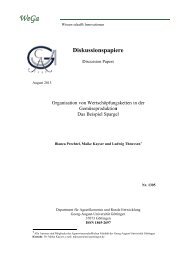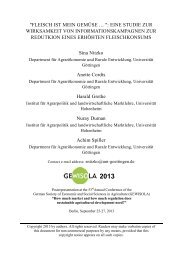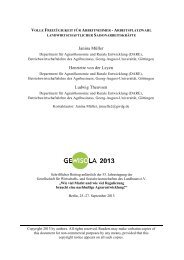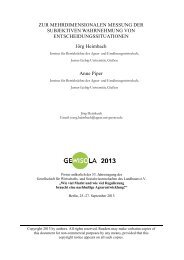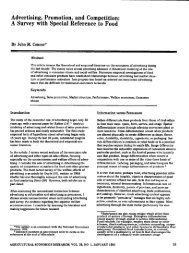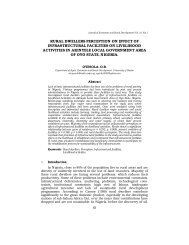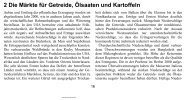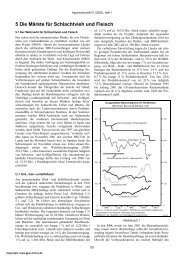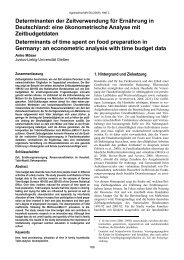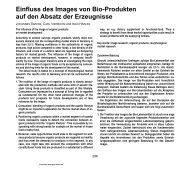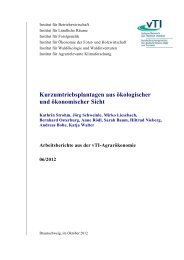District Institutes of Education and Training - Teacher Education
District Institutes of Education and Training - Teacher Education
District Institutes of Education and Training - Teacher Education
You also want an ePaper? Increase the reach of your titles
YUMPU automatically turns print PDFs into web optimized ePapers that Google loves.
<strong>District</strong> <strong>Institutes</strong> <strong>of</strong> <strong>Education</strong> <strong>and</strong> <strong>Training</strong>: A Comparative Study in Three Indian States<br />
7.7 Tensions for action-reflection<br />
7.7.1 Systemic instability<br />
Over the life <strong>of</strong> the project, various systemic changes were taking place in both<br />
Rajasthan <strong>and</strong> Madhya Pradesh that impacted on the DIETs, <strong>and</strong> therefore on<br />
pr<strong>of</strong>essional development activities in the research project, in various ways.<br />
Although the external influences were different across the DIETs, they all resulted<br />
in an unstable environment for the action-reflection cycle.<br />
In Masuda DIET, it took a year to resolve the Lok Jumbish funding crisis <strong>and</strong> this<br />
left staff in limbo, which did not encourage them to invest heavily in making<br />
efforts in an action-reflection cycle they were unsure they would be able to see<br />
through. As resolution took place, <strong>and</strong> the DIET reverted to a normal government<br />
DIET status, people who had initiated the time management project began to<br />
leave <strong>and</strong> the DIET was so severely understaffed no further action research steps<br />
could be contemplated. At the same time, the State government suspended preservice<br />
training courses which meant that staff had to be redeployed back in<br />
schools or in other DIETs.<br />
In Madhya Pradesh, institutional reform made major changes to arrangements for<br />
elementary education by decentralising management to the <strong>District</strong> level. The<br />
whole process was fraught with uncertainty for DIET staff since little information<br />
was available to them about their futures. As in Masuda, this did not provide a very<br />
conducive environment for engaging in action-reflection, although Indore DIET<br />
in particular was very enthusiastic about doing action research. As decentralisation<br />
progressed, new responsibilities came to the DIET, in the shape <strong>of</strong> drawing up the<br />
<strong>District</strong>’s five year plan <strong>and</strong> gathering base line data to inform that plan. This did<br />
not allow them further time to engage in further action research steps, <strong>and</strong> in this<br />
way processes <strong>of</strong> reflection that had tentatively begun to emerge at the DIET level<br />
were overwhelmed by new imperatives for action that were generated by systemic<br />
reform.<br />
7.7.2 Leadership<br />
The Principal’s leadership in the collaborative action research work was highly<br />
influential. In the prevailing culture <strong>of</strong> bureaucratic administration, DIET staff are<br />
used to following orders <strong>and</strong> this was no different when it came to initiating <strong>and</strong><br />
following through action research. Unless the Principal supported this str<strong>and</strong> <strong>of</strong><br />
activity, DIET staff were not able to prioritise it within their working routines.<br />
Much also depended on the Principal’s vision <strong>of</strong> the DIET <strong>and</strong> its role in the<br />
<strong>District</strong>. In Udaipur DIET the first in-charge Principal was not academically<br />
inclined <strong>and</strong> this made it difficult for her to pick up on the project’s potential to<br />
DFID 151



